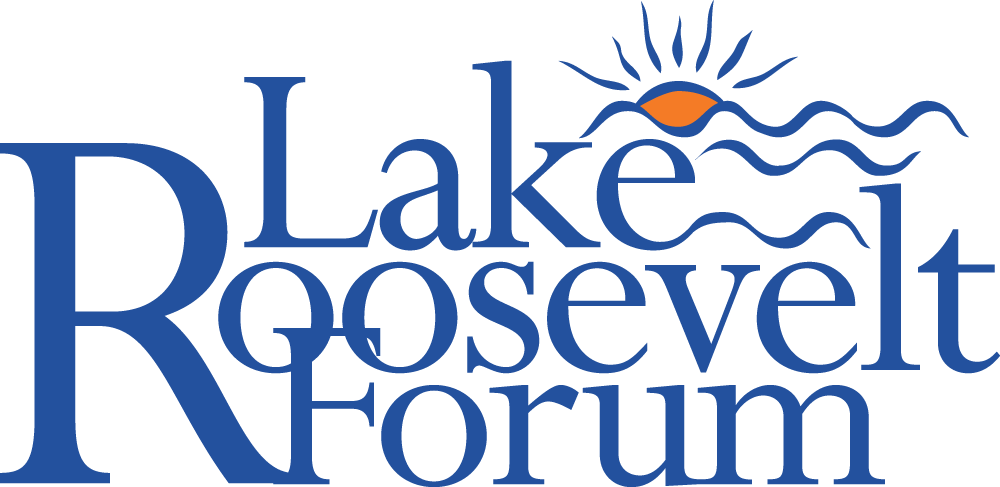Referring to the Spokane and Columbia Rivers as “… the Spokane Tribe’s metaphorical grocery store,” on February 25th the Spokane Tribe of Indians joined 10 other fishing, conservation and environmental groups challenging the Columbia River System Operations 2020 Environmental Impact Statement and Biological Opinion for salmon and steelhead.
The Spokane Tribe has joined the lawsuit as an intervenor plaintiff. Their submittal to the court focuses on the effects of constructing Chief Joseph and Grand Coulee dams. These federal projects cut off access to salmon, steelhead and lamprey in the upper Columbia River Basin, including into British Columbia. By blocking this access, 40% of the previously occupied anadromous habitat in the Columbia River Basin was lost.
Therefore, contends the tribe, “… the salmon restoration effort within the Columbia River Basin will only succeed when there are healthy and harvestable populations of anadromous fish above Chief Joseph and Grand Coulee Dams.” For the Spokane Tribe, a timeless cultural way of being and a critical food source are at stake.
The litigation the tribe is joining is extraordinarily complex and dates back to 2001. The cause for litigation is that within the Federal Columbia River Power System (FCRPS) are 13 anadromous species of salmon and steelhead, and two resident species (bull trout and sturgeon) listed under the Environmental Species Act (ESA). The ESA requires that federal agencies operating the FCRPS ensure their actions are not likely to jeopardize the continued existence of a listed species or destruction of critical habitat.
In January 2021, Earthjustice and its co-plaintiffs filed their 8th complaint contending that NOAA Fisheries, the U.S. Army Corps of Engineers, U.S. Fish and Wildlife Service and U.S. Bureau of Reclamation have not met their obligation. The Spokane Tribe’s complaint contends agency actions are in violation of the ESA, Northwest Power Act, the National Environmental Policy Act and the Administrative Procedures Act.

